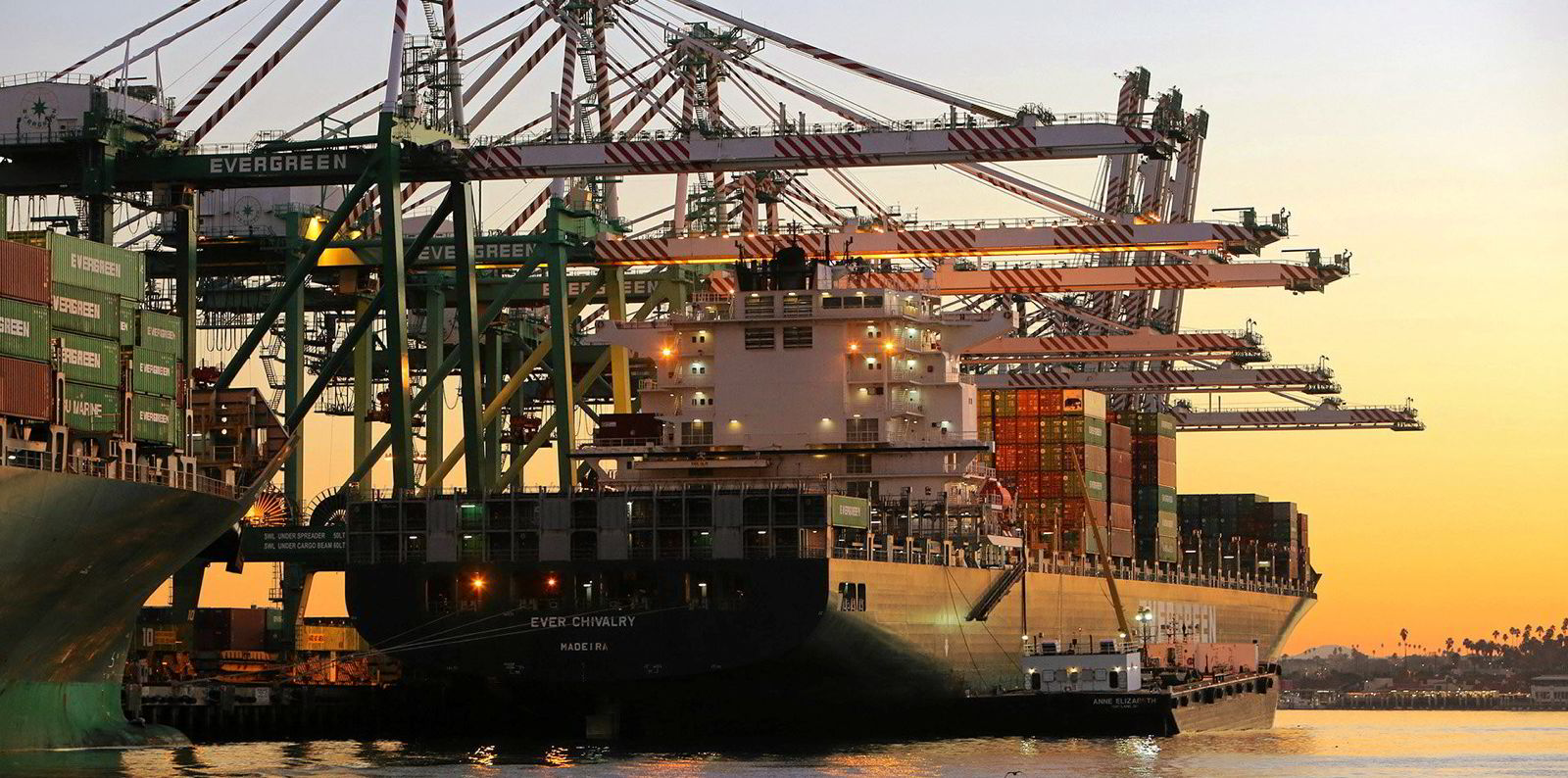The US Congress is taking its summer break. Its August recess is that wonderful time of year that gives lawmakers time to reflect, to reconnect with their constituents or to travel to faraway places such as Taipei to stir up a hornet’s nest that puts the whole world on edge.
For shipping, perhaps it has been a moment to breathe a sigh of relief after Congress, typically irreconcilably divided, found the one thing it could agree on: turning the screws on the container liner operators that President Joe Biden wanted to take a “pop” at.
Alas, from the co-sponsor who brought you the Ocean Shipping Reform Act comes the American Port Access Privileges Act.
When Congress returns to action in September, California Representatives John Garamendi, Mike Thompson and Jim Costa may be seen pursuing passage of the bill they introduced to give US-flagged ships and US exporters berthing preference at ports, ahead of foreign-flagged ships and imports.
Garamendi was one of two original co-sponsors of the Ocean Shipping Reform Act.
But if he’s coming back for a second bite at the legislative apple, does it show a certain zeal on Capitol Hill to legislate shipping?
No more than usual.
Breaking through
It may be rare for Washington’s shipping legislation to garner as much attention as the Ocean Shipping Reform Act, but much is happening in the US capital that is not well publicised, said Charlie Papavizas, a Washington DC-based shipping lawyer at Winston & Strawn.
The maritime lawyer played down the significance of Congress’ ability to come to an agreement on the Ocean Shipping Reform Act when it disagrees on nearly everything.

“You never know when there will be a confluence of factors that would make legislating possible,” he said.
He pointed to how former House of Representatives speaker John Boehner’s coming resignation freed the Republican leader to support the repeal of the long-standing ban on US crude exports, reportedly by overcoming the objection of US seafarers unions by throwing in more funding for the Maritime Security Program that supports US-flagged ships.
Many other initiatives are proposed in Congress, without making it through.
Even the Ocean Shipping Reform Act is not as sweeping as the lofty rhetoric surrounding it.
The law, signed by Biden in June after it made it through both the House and Senate, established new reporting requirements for shipping companies, and it gave the Federal Maritime Commission expanded oversight and enforcement of charges levied by carriers against shippers.
“It didn’t outlaw conferences,” Papavizas said. “It didn’t re-establish antitrust obligations on the carriers. Did it really change that much?
“Or was it really for both parties to be able to show that there were supply chain problems and they had to do something about it? And now it’s done. No reason to revisit for years.”
Support
There is no indication yet that the latest shipping legislation proposed by Garamendi and his co-sponsors will gain enough support to pass the House and ultimately the Senate.
Some in shipping have already panned the legislation.
I would hope that somebody would come to their senses.
Clay Maitland
Clay Maitland, managing partner at Marshall Islands shipping flag manager International Registries Inc, called it a “crazy bill” in his Mondays with Maitland weekly video show.
“You look at it and you sort of blink your eyes and say, ‘I’m dreaming this. This is not real,” he said.
“I would hope that somebody would come to their senses.”
Shipping’s Washington watchers do have their eyes on one other piece of legislation: a spending bill for the US Coast Guard that contains language that would require crews on specialised offshore construction vessels to be citizens either of the US or their ship’s flag state.
If that language passes, it would deliver a severe blow to the offshore wind sector, where the Jones Act requires US-flagged ships in some circumstances but allows foreign-flagged vessels for cable lay, wind-turbine installation and other tasks.

After passing in the House, the ball will still be in the Senate’s court when Congress gets back to work again in September.
There is some optimism that the language will be less sweeping in the final bill, with some indication that what would satisfy US-flagged shipping is limited to survey work, which is currently outside the Jones Act.
The hope is that Congress can keep its reach limited, so legislation does not stand in the way of Biden’s offshore wind ambitions.






